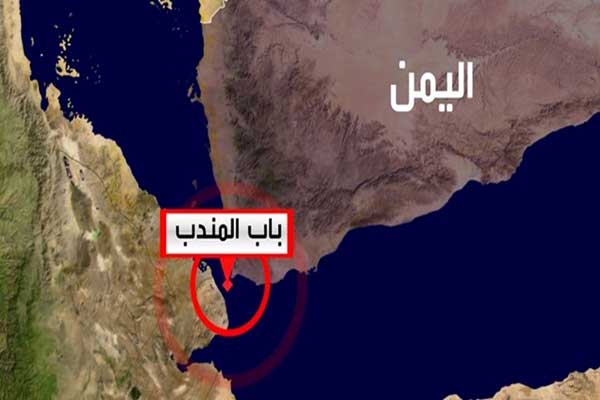AhlulBayt News Agency (ABNA): Yemen has censured the United States over its unqualified support for Israel amid the ground and air strikes against Palestinians in the besieged Gaza Strip, holding Washington accountable for the rising tensions in the Red Sea.
“The United States is primarily responsible for the Israeli onslaught [against Palestinians] in the Gaza Strip, as well as the increasing tensions in the Red Sea and the Bab al-Mandab Strait due to its singled out political, military and logistic support for the Zionist regime," Yemeni Ministry of Foreign Affairs and Expatriates said in a statement on Saturday.
"Washington has even prevented the UN Security Council from performing its role as regards safeguarding international peace and security,” it added.
The ministry went on to condemn the rise in Israeli atrocities and war crimes against Gazans, including the recent attack on a crowd waiting for food in Gaza City which killed more than 100 Palestinians.
“The [Sana’a-based] National Salvation Government, in light of Israeli aggression supported by the US and Britain, will continue to stop vessels with commercial ties to Israel or heading towards ports in the occupied territories [from sailing in the Red Sea and the Arabian Sea].
“It will stop the campaign once the military aggression [against Gaza] comes to an end, and humanitarian aid, foodstuff, medical supplies and fuel could enter the territory without any restrictions,” the statement also read.
Yemenis have declared their open support for Palestine’s struggle against the Israeli occupation since the regime launched a devastating war on Gaza on October 7 after the territory’s Palestinian resistance movements carried out the surprise Operation Al-Aqsa Storm.
The Yemeni Armed Forces have said they won’t stop retaliatory strikes.
The maritime attacks have forced some of the world’s biggest shipping and oil companies to suspend transit through one of the world’s most important maritime trade routes.
Tankers are instead adding thousands of miles to international shipping routes by sailing around the continent of Africa rather than going through the Suez Canal.
.....................
End/ 257

